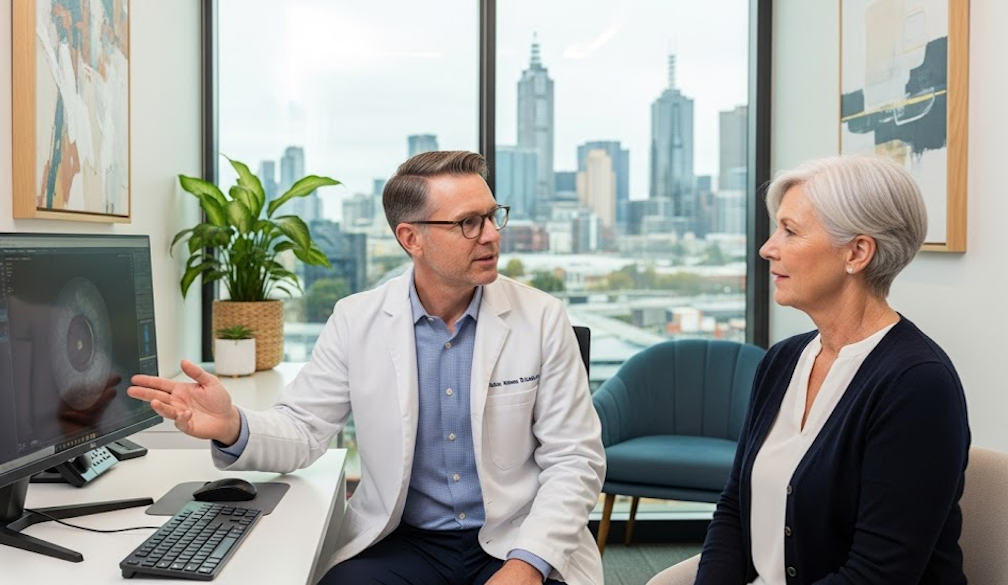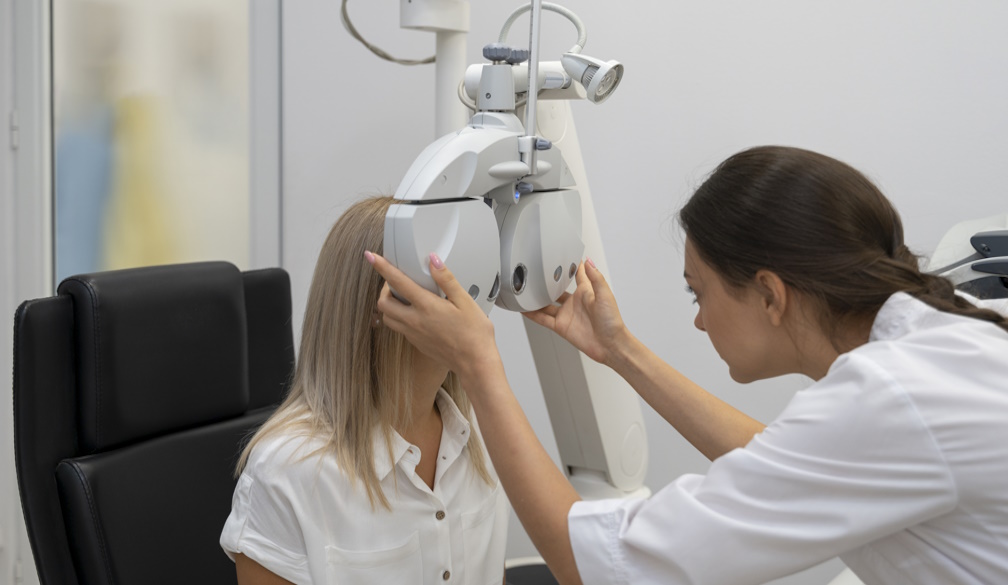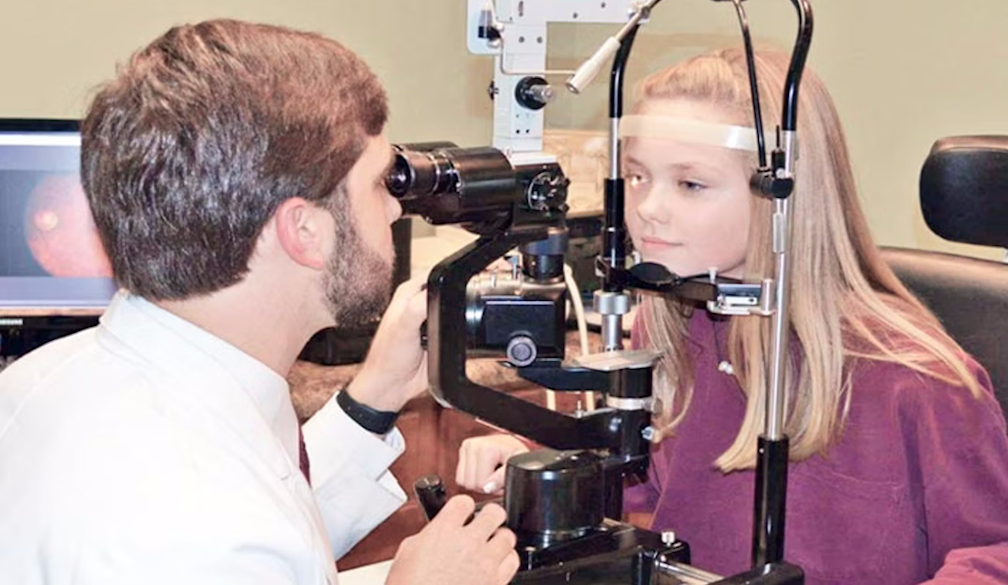Eye Specialist and Ophthalmologist Melbourne: Comprehensive Care for Your Vision Health

Maintaining good eye health is essential for enjoying life’s everyday moments with clarity and comfort. For residents of Melbourne seeking expert diagnosis and treatment of eye conditions, consulting a qualified eye specialist or ophthalmologist Melbourne is crucial. These medical professionals offer advanced care tailored to a wide range of vision problems and eye diseases, ensuring patients receive accurate assessments and effective treatments.
Understanding the Role of an Eye Specialist
An eye specialist is a broad term that can refer to various professionals involved in eye care, including optometrists, ophthalmologists, and opticians. However, when it comes to medical and surgical management of eye diseases, the term is often synonymous with an ophthalmologist — a medical doctor specialised in eye and vision care.
Eye specialists perform detailed eye examinations, diagnose complex conditions, and prescribe treatments or surgeries. Their expertise covers everything from common refractive errors like myopia and astigmatism to serious diseases such as glaucoma, cataracts, diabetic retinopathy, and macular degeneration.
What Does an Ophthalmologist Do?
An ophthalmologist Melbourne is a fully qualified medical doctor who has completed extensive training in eye health, disease management, and surgery. Unlike optometrists who mainly focus on vision testing and corrective lenses, ophthalmologists can perform surgical procedures, including cataract removal, laser eye surgery, corneal transplants, and glaucoma surgeries.
They also manage medical treatments for eye infections, inflammations, retinal disorders, and ocular trauma. Ophthalmologists are equipped to handle complex and chronic eye conditions that require specialised care.
Common Eye Conditions Treated by Ophthalmologists
Melbourne residents can rely on ophthalmologists to diagnose and treat a variety of eye conditions, including:
Cataracts: Clouding of the eye’s lens causing blurred vision, often treated with cataract surgery.
Glaucoma: A group of eye diseases that damage the optic nerve, requiring early detection and management to prevent vision loss.
Macular Degeneration: A condition affecting central vision, especially common among older adults.
Diabetic Retinopathy: Eye damage resulting from diabetes, necessitating regular monitoring and intervention.
Dry Eye Syndrome: Chronic dryness causing irritation and discomfort.
Refractive Errors: Myopia, hyperopia, astigmatism, and presbyopia, which may be corrected with glasses, contact lenses, or surgery.
Eye Injuries and Infections: Prompt assessment and treatment to prevent complications.
When to See an Eye Specialist in Melbourne
Regular eye examinations are essential for everyone, even those without obvious vision problems, as many eye diseases develop silently. It is recommended to schedule routine check-ups, especially for individuals over 40 or with risk factors such as diabetes, high blood pressure, or family history of eye disease.
Immediate consultation with an eye specialist or ophthalmologist is necessary if you experience symptoms such as sudden vision changes, eye pain, flashes of light, floaters, redness, or trauma.
Advanced Diagnostic and Treatment Technologies
Ophthalmologists in Melbourne use state-of-the-art diagnostic equipment to evaluate eye health precisely. Technologies such as Optical Coherence Tomography (OCT), fundus photography, visual field testing, and corneal topography enable early detection of diseases and personalised treatment plans.
Treatment options range from prescription medications and laser therapies to advanced microsurgical procedures, ensuring the best outcomes for patients.
Choosing the Right Eye Specialist in Melbourne
Selecting an experienced and trusted eye specialist Melbourne involves considering qualifications, reputation, patient reviews, and available services. Many ophthalmologists work within specialised clinics or hospitals offering comprehensive eye care, including pre- and post-operative support.
Accessibility, communication style, and a patient-centred approach are also important factors to ensure a comfortable and effective healthcare experience.
Preventive Eye Care and Vision Health
In addition to professional care, maintaining good eye health involves lifestyle practices such as wearing UV-protective eyewear, managing chronic conditions, eating a balanced diet rich in antioxidants, and avoiding smoking.
Regular screenings and awareness of eye health changes empower individuals to seek timely interventions, preserving vision and quality of life.
Conclusion
For residents of Melbourne, consulting an eye specialist or ophthalmologist Melbourne is vital for comprehensive eye care — from routine vision checks to managing complex eye diseases. Their advanced expertise, access to cutting-edge technology, and personalised treatment approaches ensure that patients receive the highest standard of care.
By prioritising regular eye examinations and seeking specialist advice when needed, you can safeguard your vision and enjoy clear, healthy eyesight for years to come.



